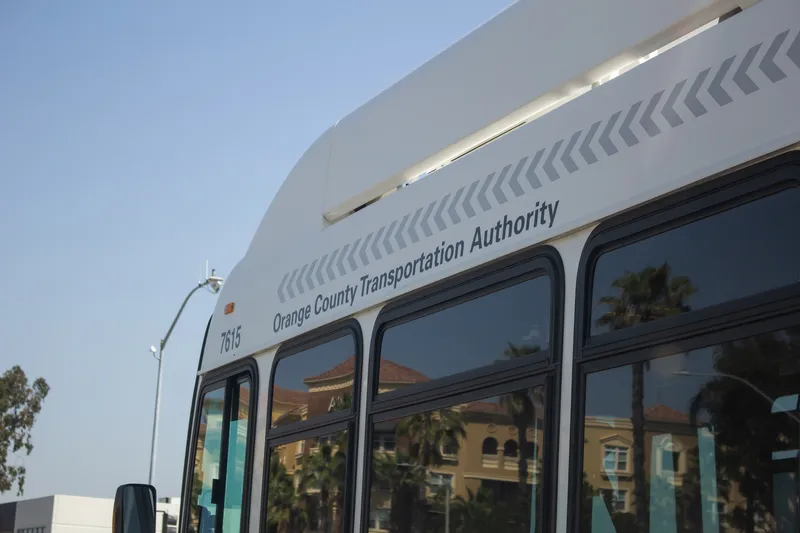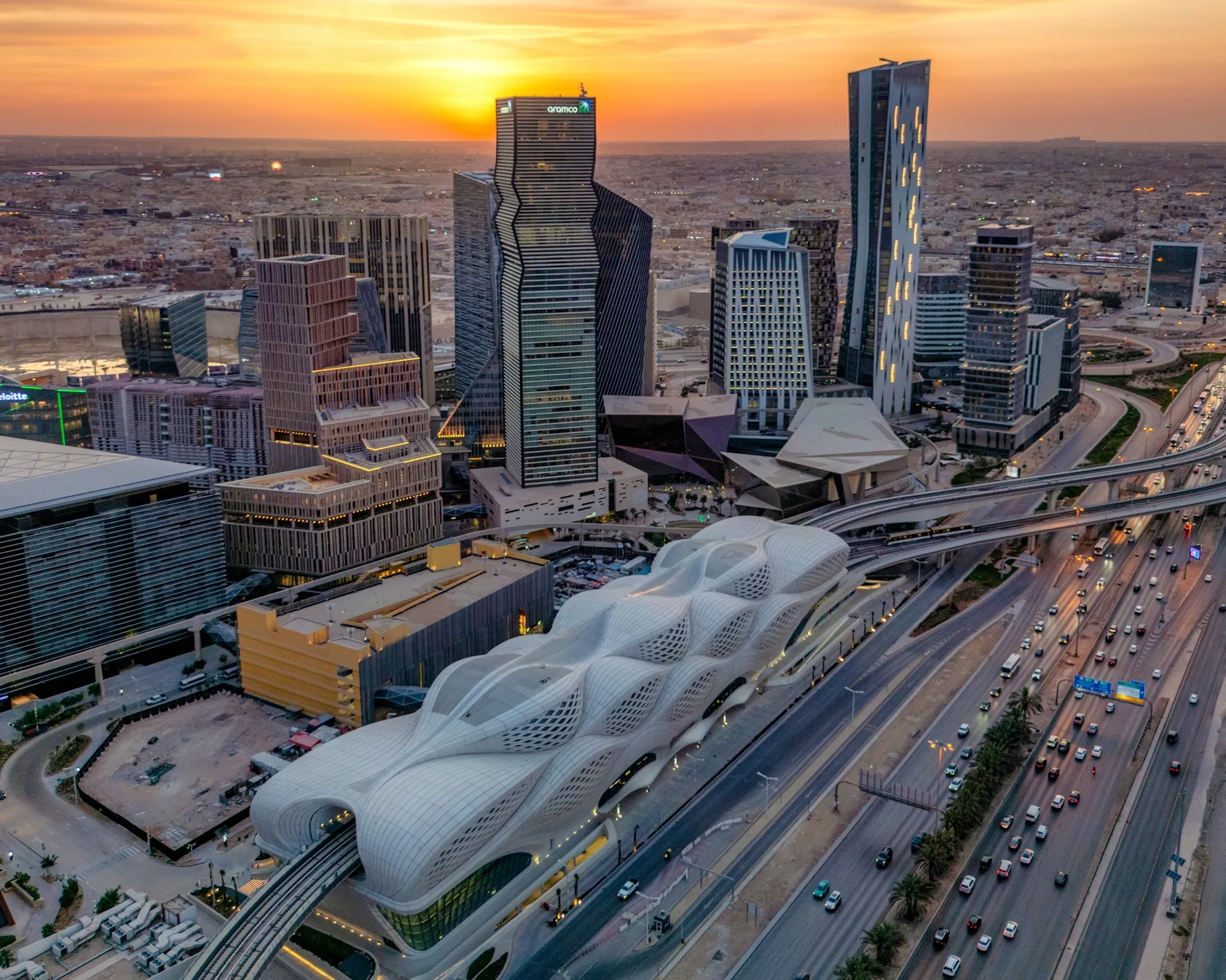Constructed over the harbour, Copenhagen’s Cykelslangen, or Cycle Snake, is the city’s newest elevated cycle path. The orange cycle lane is the latest addition to Copenhagen's innovative approach to cycling infrastructure and connects to the harbour bridge, leaving the ground level free for pedestrians.
The 220 metre long Cykelslangen was opened on 29 June, after eight years of planning and construction.
Copenhagen is renowned for being a cycling city, as some 36 per cent of daily commutes are undert
July 29, 2014
Read time: 1 min
Constructed over the harbour, Copenhagen’s Cykelslangen, or Cycle Snake, is the city’s newest elevated cycle path. The orange cycle lane is the latest addition to Copenhagen's innovative approach to cycling infrastructure and connects to the harbour bridge, leaving the ground level free for pedestrians.
The 220 metre long Cykelslangen was opened on 29 June, after eight years of planning and construction.
Copenhagen is renowned for being a cycling city, as some 36 per cent of daily commutes are undertaken by bicycle. The city aims to increase cycling's modal share to 50 per cent by 2025, through developing safe and separated infrastructure for cyclists as well as pedestrians and cars.










